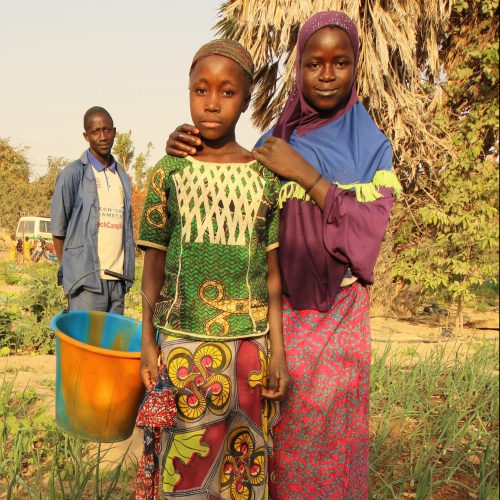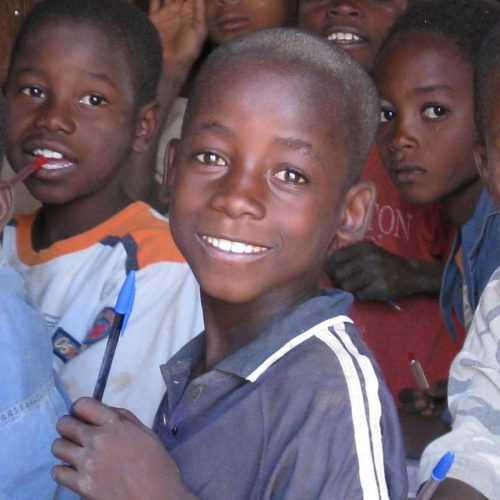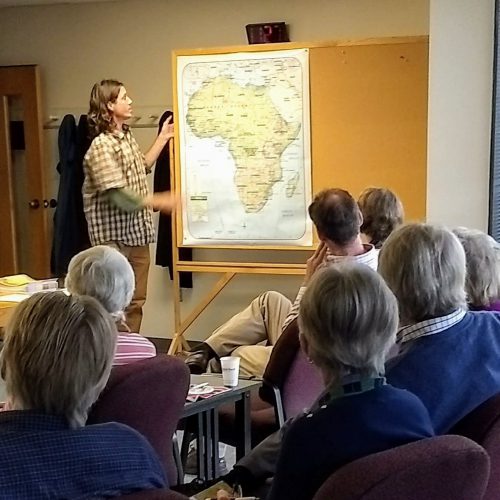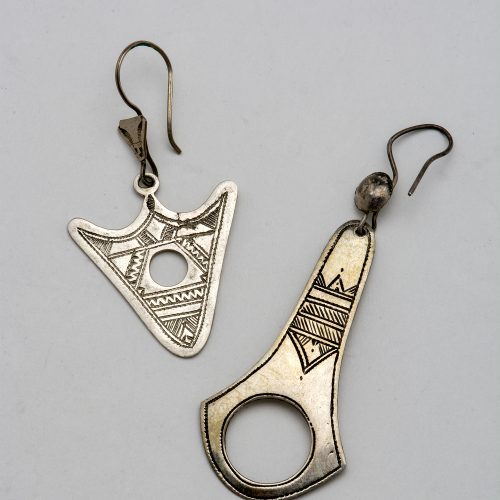In the Sahel and Sahara first there are dirt roads and quickly there are no roads. It may surprise you, but everyone still knows their way around. If it be by land marker, an odd shaped rock or the only tree for twenty miles. They can find their way. The sand swallows up the tracks and if you don’t have four wheel-drive –you’re out of luck. The Sahel and Sahara can be unforgiving reaching temperatures upwards of 113 Fahrenheit. There are still those that eke out a living, but it becomes increasingly more difficult as the desert claims more farmable land for its own.
Rough Roads of Niger
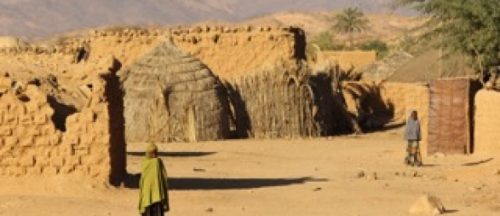
The Tuareg also known as the blue people for the dye they create stains their skin, live in the desert bush. They have been herders, traders, nomads and protectors of the desert for thousands of years. Their traditional way of life is under threat. The desert, the same thing that the Tuareg have protected for a thousand years is rebelling against them, stealing land unchallenged. With unpredictable rains causing floods or extreme drought the prospects of handing off their way of life to their children is drying up. Many have invested in their children’s education to give them options they never had.
To continue passed primary school however is still a challenge for many as the secondary schools are very far from the bush and are in high demand. People walk for miles to get water, to go to school and gather fire wood. Their culture is rich with diversity and fascinating customs. When married, a women is built a home and given livestock in case she is widowed or divorced. Drinking tea is a staple and they warm it on hot coals and pour it into tiny shot glasses. Tea time is quite frequent. There is always hard work to be done. Most people can only bring four buckets of water back a day atop their heads. It can be painful work, but necessary. Water is essential to the everyday lives of Nigeriens especially to the Tuareg and Wodaabe.
A man crawls out of a hand dug well as they dig deeper to capture the little water that is in the ground. There supposedly is a large amount of water trapped underground, but no one has found of a way to access it. Despite the fruitless efforts to find more water, there is still some to be had. People live on what they can find and survive the best they can. They used to travel across the desert in caravans 10,000 strong bringing back salts, spices, silks and more, but the world has changed. They must adapt and partner with organizations like RAIN so that they will endure the hardships to come. We both are reaching towards sustainable for their contiuned livelihood.

